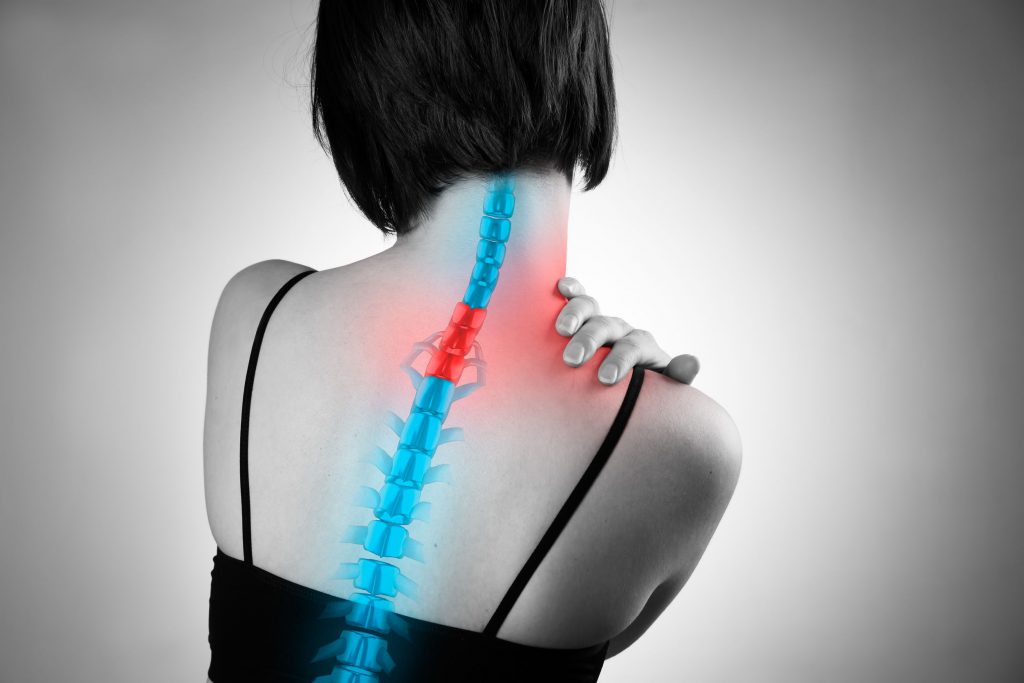Which Spinal Conditions Have A Hereditary Connection?
Category: Back Pain | Author: Stefano Sinicropi

A number of health conditions have a genetic component, which is why your general practitioner typically likes to know about the health of your parents and if they are dealing with any specific conditions. If a condition with a genetic component runs in your family, you should be a little more proactive when it comes to prevention and regular monitoring. But if your mother dealt with degenerative disc disease or your dad has always had a bad back, are you destined to follow in their footsteps? We take a closer look at some hereditary spinal conditions in today’s blog.
Is Back Pain In My Blood?
The spine is incredibly complex, and while we have a pretty good understanding of what factors can increase a person’s risk of developing certain conditions, we don’t always know exactly why a condition develops. Sometimes being overweight, a male or a smoker puts you at a higher risk for a specific condition, even if those underlying factors don’t directly cause the issue. The same can be said for your genes. There are a number of different spinal conditions that appear to have a genetic component, meaning you may be at a slightly higher risk fo the condition if it runs in your family. Here’s a look at some spinal conditions that can have an underlying hereditary component.
- Scoliosis – Scoliosis is a curvature disorder that we’ve talked about on the blog in the past. It involves an unnatural sideways curvature of the spine, and it tends to develop during adolescence when the spine is growing at a fast rate. While the exact cause of scoliosis is unknown, research has found that you’re more likely to develop scoliosis if you have a family history of the condition.
- Spondylolisthesis – Spondylolisthesis is a spinal condition in which one vertebrae slips forward onto the bone below it. While it can develop out of injury, there is also a significant genetic connection. If this type of vertebral shifting runs in your family, you should let your spine specialist know.
- Degenerative Disc Disease – Everyone will experience some natural degeneration of their spinal discs, so there are many more real world factors that will affect your spinal disc health. That said, some studies have suggested that genetics may play a role in disc degeneration. However, family habits could also play a role in faster spinal degeneration. If a family is largely sedentary and overweight, it may be less about genetics and more about lifestyle choices fueling disc degeneration.
- Kyphosis – Kyphosis, sometimes referred to as hunchback or roundback, is another type of curvature disorder that involves an excessive outward curvature of the upper spine. It tends to give the individual a hunched posture, especially when the curvature is severe. Similar to scoliosis, the exact mechanism of kyphosis onset is not well understood, but medical data suggests that there may be an underlying genetic component.
- Ankylosing Spondylitis – Ankylosing Spondylitis is a form of inflammatory arthritis that typically affects your spine or other large joints. There is no known cause, but there appears to be a significant genetic component. People with a gene called HLA-B27 are at a much higher risk of developing ankylosing spondylitis, although not everyone with the gene will develop the condition.
So while there may be an underlying genetic link with all of these conditions, the key takeaway should be that genes only play a small role in the onset of any of these conditions. How you live your life and how you treat your body will have a much greater influence on the health of your spine than your genetics, at least for most of these issues. There certainly may be times when a hereditary issue was unavoidable, but more commonly, if you maintain a healthy weight, get regular exercise and take care of your health, you can greatly reduce your risk of a number of spinal issues.
If you have a family history with a specific spinal condition and want to learn more by speaking with a specialist, reach out to Dr. Sinicropi and the team at The Midwest Spine & Brain Institute today at (651) 430-3800.